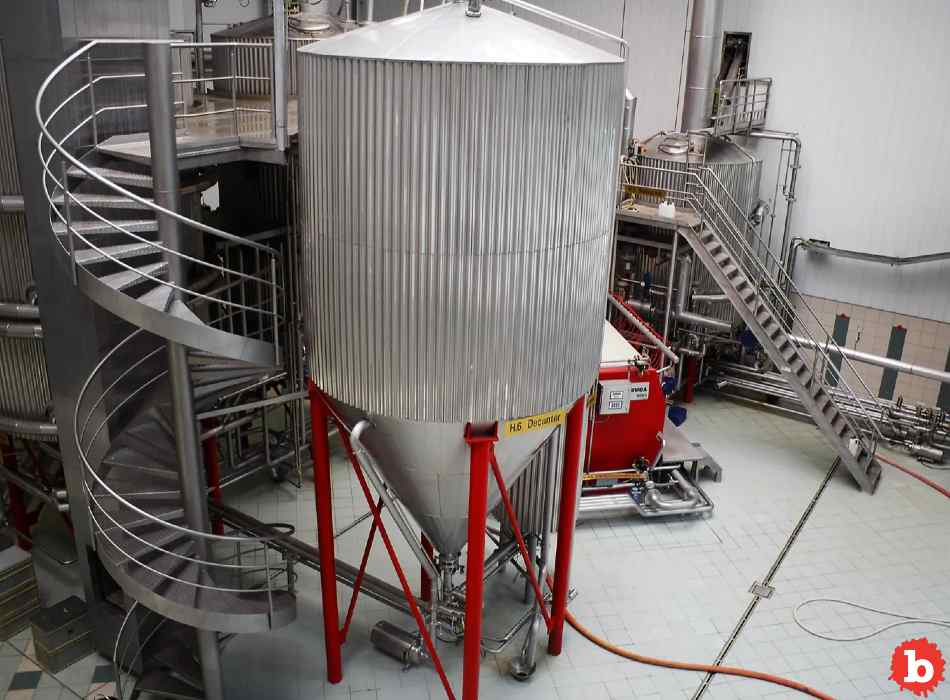BEER LOVERS CAN NOW HAVE NEW BELGIUM BREWERY BEER COOKED ON NEW ELECTRIC BOILERS
I love beer. Well, I love good and great beer. But to be honest, I don’t really know all that much about the beers that I like or love to drink. If I drank Coors (which I don’t), I’d know more than enough to not want to give that company (and family) any more money than they already have. But anyways, this is about the New Belgium Brewery, which is another good beer making company out in Colorado. They’ve partnered up with another local startup, AtmosZero, to help them replace one of their gas boilers with a new, electric one. Why? To save help save the planet, of course.
Read More: Dennis Rodman Tries to Muddy the Water On Larry Bird’s Legacy
NEW BELGIUM BREAKS NEW GROUND IN TRYING TO SAVE THE PLANET FROM BEER MAKING POLLUTION
And their goal here is a good one, considering what the beer industry represents worldwide in terms of pollution. It’s possible that all the beer makers across the world account for about 10% of global carbon dioxide pollution. And, well, that’s a LOT. Like, destroy the world just a little bit more with every beer you drink a lot. So if you like and love beer like I do, you may want to pay attention to which beer makers are doing what they can to help stop destroying the planet we live on. Well, and drink beer on. So to support that effort, I’ll try to find me some New Belgium beer to support their efforts.
Related:
NEW BELGIUM WILL USE NEW ELECTRIC HEAT PUMP TECH TO MAKE CLEAN ENERGY AFFORDABLE
Electric boilers can get their energy from renewables like solar and wind power generation. But most of them rely on resistant heating, which makes heat by passing an electric current thru a conductive material, or the very water in the boiler. That uses a ton of electricity and ends up costing a lot. But AtmosZero is hooking New Belgium up with heat pump tech, which uses electric power to circulate refrigerants with low boiling points thru a closed loop. This method is 3 to 4 times more efficient than resistant heating, which means it’s a lot more affordable for beer makers to use. This is a good start.
But we need beer makers the world over to jump on board with this, and/or other solutions to make liquid nectar without destroying the planet.






